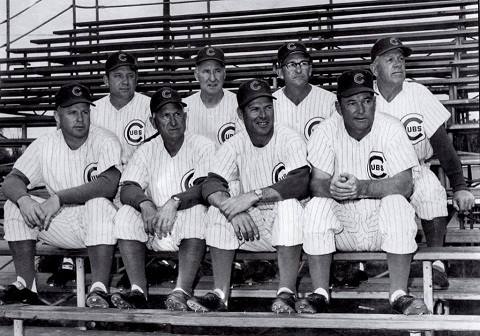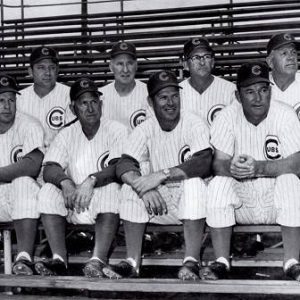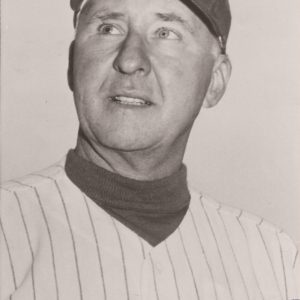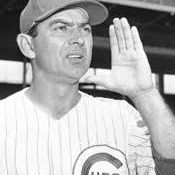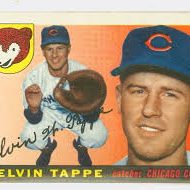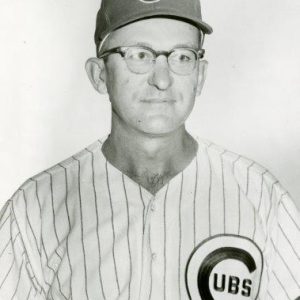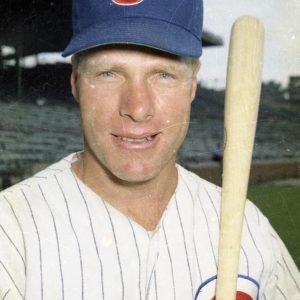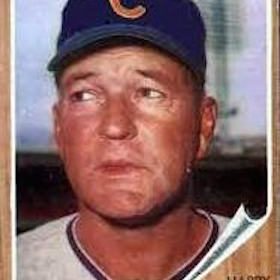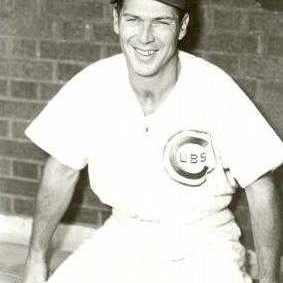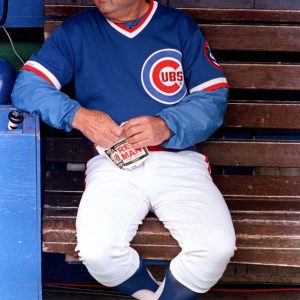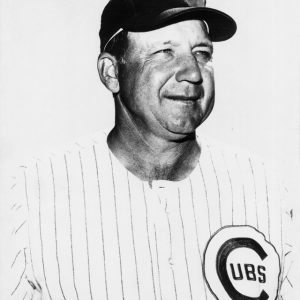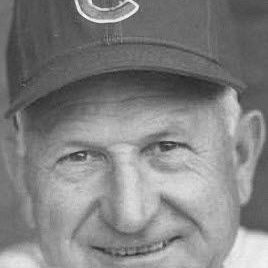Panoramic Photo Above:
Wrigley Field, Chicago

Baseball History Comes Alive Now Ranked As a Top Five Website by Feedspot Among All Baseball History Websites and Blogs!
(Check out Feedspot's list of the Top 35 Baseball History websites and blogs)
Guest Submissions from Our Readers Always Welcome! Click for details
Visit the Baseball History Comes Alive Home Page
Subscribe to Baseball History Comes Alive
Free Bonus for Subscribing:
Gary’s Handy Dandy World Series Reference Guide
College of Coaches Photo Gallery
Cubs’ “College Of Coaches” Experiment Mercifully Ends 62 Years Ago Today!
The College of Coaches Idea is Born
You young guys won’t remember this, but it actually happened! For a short while in the early 1960s the Cubs were managed by the infamous “College of Coaches!” Sixty-two years ago today, the Cubs officially ended their radical approach of using multiple field bosses. On February 20, 1963, the team mercifully hired Bob Kennedy as their only manager. So today, I thought it would be fun to go back in Cub history to revisit one of the more bizarre schemes dreamed up by Cub owner, P.K. Wrigley. With the “College of Coaches” system finally disbanded, the club posted an 82-80 record under their lone skipper.
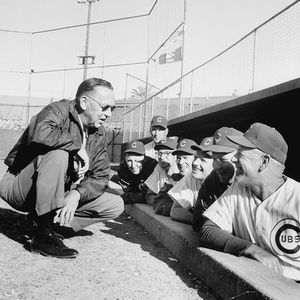
A little background…
Members of the College of Coaches
- 51 Bobby Adams (1961–65)
- 59 Dick Cole (1961)
- 55 Ripper Collins (1961–63)
- 53 Harry Craft* (1961)
- 55 Alvin Dark (1965)
- 62 Walt Dixon (1964)
- 63 George Freese (1964–65)
- 55 Alex Grammas (1964)
- 50 Charlie Grimm** (1961–62)
- 54 Stan Hack (1965)
- 59 Mel Harder (1965)
- 54 Vedie Himsl* (1961–64)
- 57 Goldie Holt (1961–64)
- 61 Bob Kennedy (1962–65)
- 60 Lou Klein* (1961–65)
- 50 Whitey Lockman* (1965)
- 64 Joe Macko (1964)
- 58 Fred Martin (1961–64)
- 63 Charlie Metro (1962)
- 53 Buck O’Neil (1962–65)
- 64 Les Peden (1965)
- 52 El Tappe* (1961–65)
- 56 Verlon Walker* (1961–65)
- 59 Mel Wright (1963–64)
Gary Livacari
We’d love to hear what you think about this or any other related baseball history topic…please leave comments below.
Subscribe to Baseball History Comes Alive. FREE BONUS for subscribing: Gary’s Handy Dandy World Series Reference Guide. https://wp.me/P7a04E-2he

